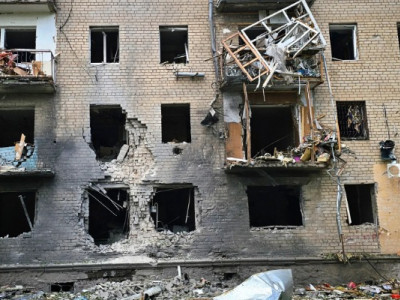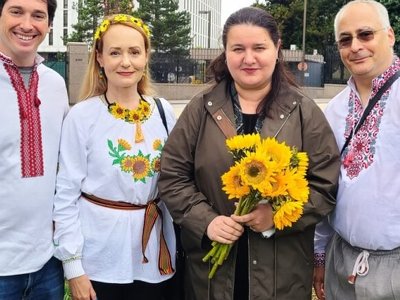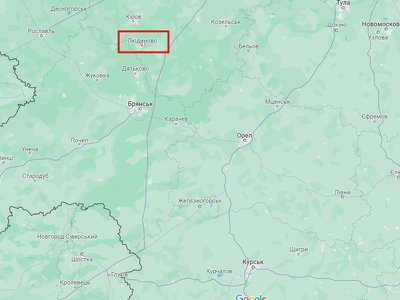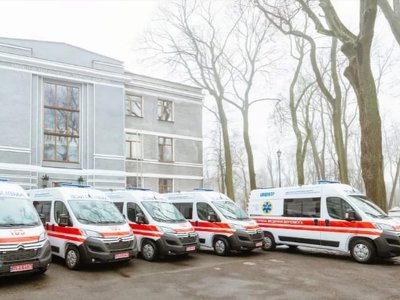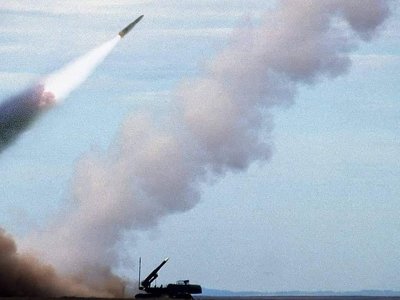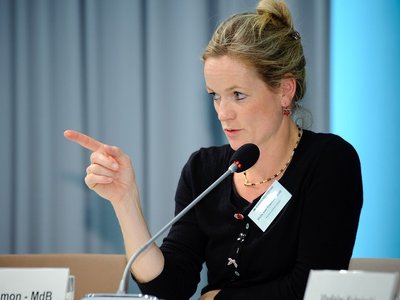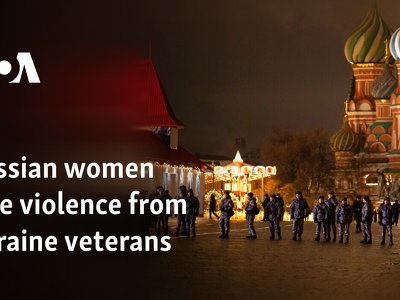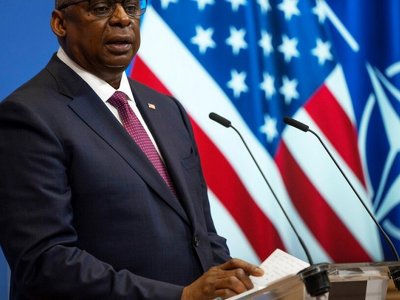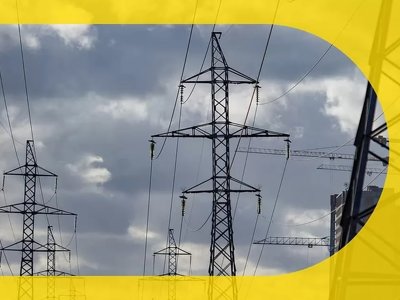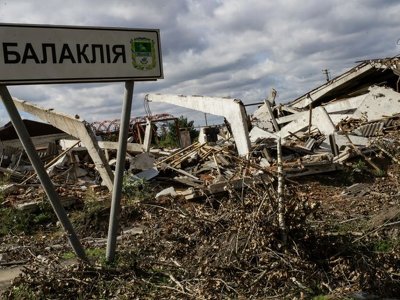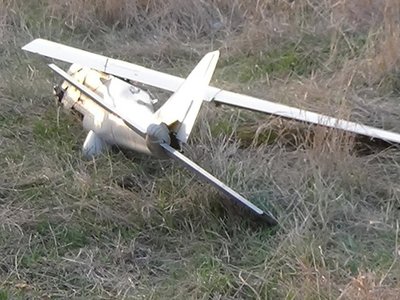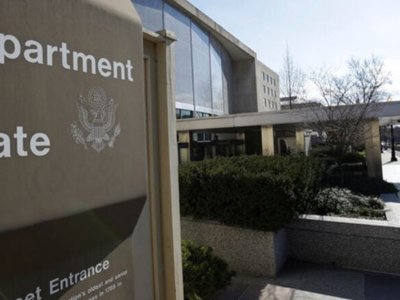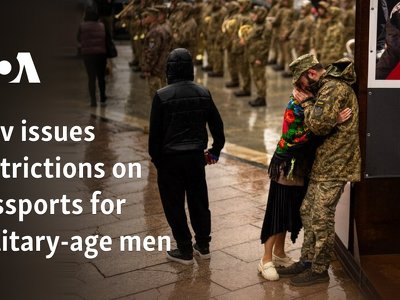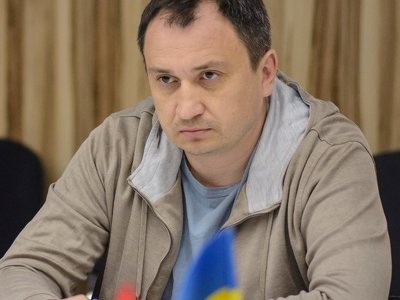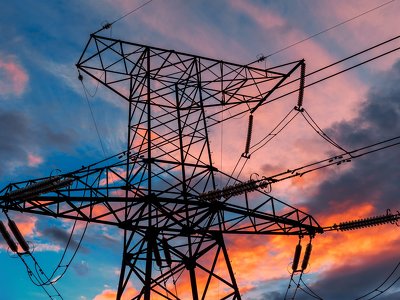What challenges will Ukraine face when organisng elections abroad

One of the most difficult challenges in organising post-war elections, whenever they may take place, will be voting abroad.
It is already clear that, most likely, it will be necessary to open hundreds or even thousands of additional polling stations where voters can cast their ballots physically using paper ballots.
The example of neighbouring countries that have experience in opening a significant number of polling stations abroad should be instructive for Ukraine.
Read more about what Ukraine needs to consider to organise post-war elections abroad in the article by Andrii Savchuk, OPORA Civil Network analyst: Elections of exceptional complexity: how to ensure voting for Ukrainians abroad.
In total, organising voting abroad may involve more than 6 million voters, if we look globally and at figures from the Ministry of Foreign Affairs, or 3 to 3.5 million Ukrainians, if we only consider the EU and those with temporary protection status.
Currently, only 104 polling stations are planned to be opened abroad.
It’s obvious that for such a large number of voters, this will not be enough either from a logistical perspective or in terms of the real possibility to vote.
For example, if we rely solely on the official Eurostat statistics, using the rather conservative estimate of 3 million voters and not accounting for the geographic distribution of polling stations, around 800–850 large polling stations would need to be opened in the EU alone.
Another important issue to clarify is voter turnout. Theoretically, voting can be organised for millions of voters, but in practice only a few hundred thousand may show up.
Voter turnout abroad is significantly lower than within Ukraine.
In absolute terms, the most active participation by voters abroad was during the so-called third round of the presidential elections in 2004.
Over the years, voter turnout abroad has declined much faster than within Ukraine.
Among the reasons reducing turnout abroad are the long distances to polling stations and the physical impossibility of voting due to long lines. Therefore, the actual number of people willing to vote may be much higher.
If the state truly wants to ensure the voting rights of Ukrainians who are legally staying abroad, it is worth considering the option of advance active voter registration.
In this case, Ukrainian citizens residing abroad who wish to vote (regardless of their consular registration status) would proactively declare their intention and register to be included in the voter list at a specific foreign polling station.
This would allow the state to plan its efforts in opening polling stations, developing logistics, and recruiting the necessary number of election commission members.
Another option that could help with the high influx of voters abroad is multi-day voting. For example, voters could cast their ballots throughout the week leading up to election Sunday.
However, this option has several drawbacks: the need for additional security for election materials, ensuring compliance with the "day of silence," and the development of fundamentally new voting procedures.
Moreover, even multi-day voting would not solve one of the most difficult problems, getting to the polling station. Voters without personal transport or financial means to travel hundreds of kilometers to a polling station would find it significantly harder to cast their votes.
- Last
- Top
- February, 05
-
-
-
-
- April, 28
-
-
-
-
-
-
- April, 27
-
-
-
-
-
-
-
-
-
News by day
11 of July 2025

